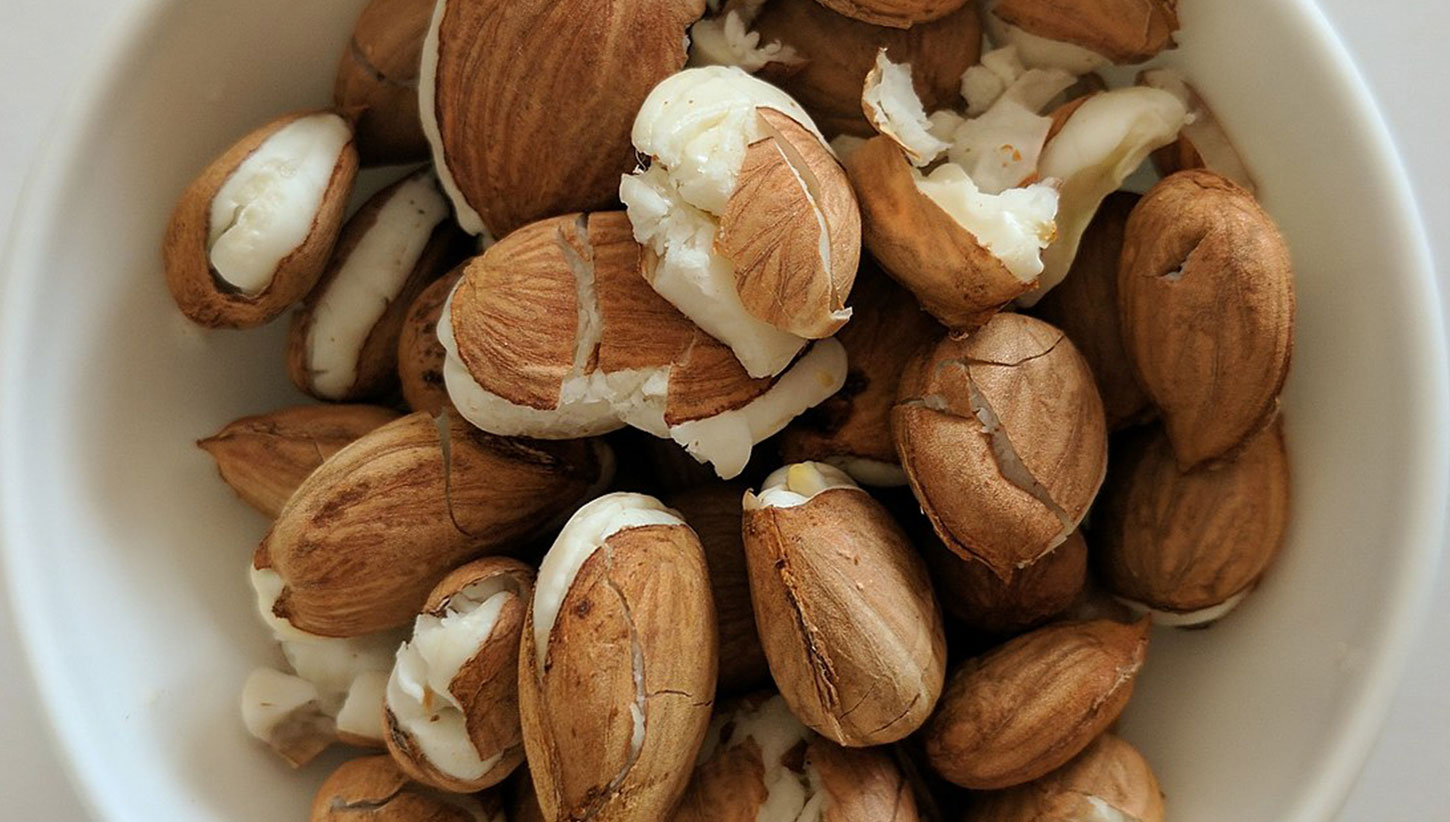Laetrile is made up of glucose, hydrogen cyanide (the reason for all the discussion about Laetrile) and benzaldehyde (an effective painkiller). When injected into the body, laetrile is broken down by an enzyme called rhodanese, which is present in healthy cells. This breaks it down into two by-products, thiocyanate and benzoic acid, which are beneficial in nourishing healthy cells.
The theory behind the use of laetrile in cancer therapy is that, cancer cells do not have the enzyme rhodanese. Instead, they have a different enzyme called beta-glucosidase. Beta-glucosidase reacts with Laetrile, causing the hydrogen cyanide and benzaldehyde to combine.
This reaction destroys and kills the cancer cells, allowing laetrile to act with selective toxicity. This means that cancer cells are targeted, leaving non-cancerous cells relatively unharmed
This process can lessen side effects for a depleted body with an impaired immune stamina and present a viable alternative to chemo therapy.
Infusio’s protocol combines laetrile with Vitamin C and DMSO to enhance the effect of laetrile.

